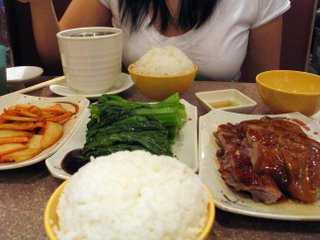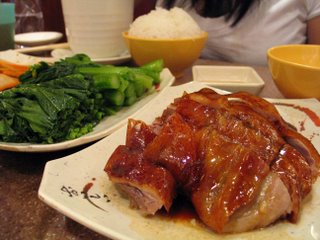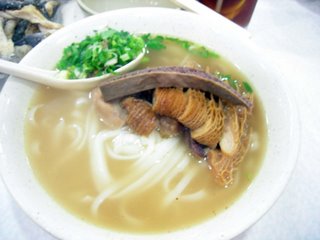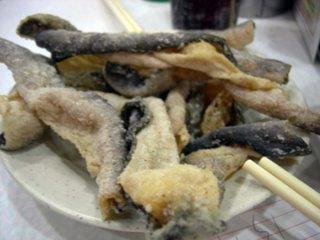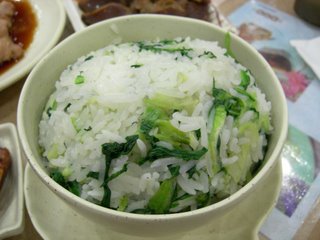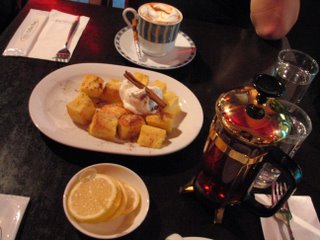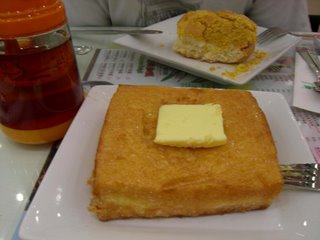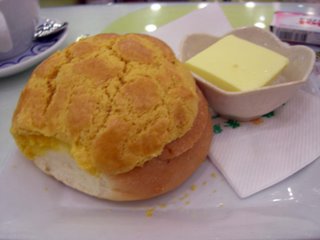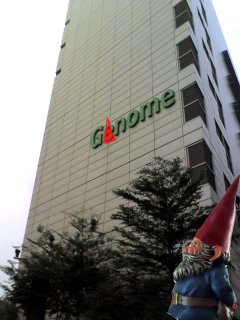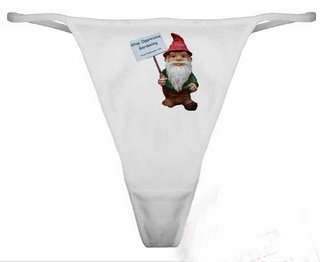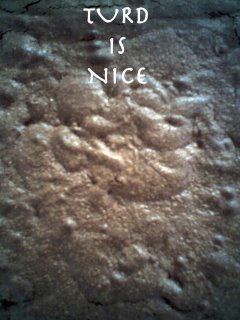
Baking is meant to be a science, so if I'm supposed to be left brain dominant, and all analytical, logical and sciency, then BAKING SHOULDN'T BE THAT DIFFICULT! So I thought, ok approach this like I would if I were to grow bacteria on agar plates. I have my ingredients, I need to seperate them into analyte and matrix, determine the best conditions for propagation and choose the best protocal.
Analyte: Component of interest.
Matrix: Also known as binding agent, the substance that gives the analyte the happy supporting grid it needs to propagate.
Conditions: Self explanatory
In this case, I'm making a brownie.
I have chosen to use the Nigella Lawson protocal.
This would mean:
Analyte: Dark chocolate and nuts
Matrix: Flour, eggs, sugar, vanilla essence. butter
Conditions: Heat
So if you want a sucessful culture, you need the correct analyte, the best analyte. Fine. I bought quality dark chocolate (think 80% cocoa, bitter bitter bitter!) and raw almonds, roasted in the oven till bone dry. The supporting matrix needs to be sturdy as well, if not, your analyte will be unstable. Which basically means, I have to determine the best mode of mixing and flour type so that the density is perfect so that nuts do not sink to bottom, throw in some pricey french butter and you're all set. The condition is always the tricky part isn't it? Too hot and your bacteria will die, to cold, well, they'll die too, you've got to find that right setting which is unique to different incubators, I mean, ovens.
This time round, the expensive chocolate and french butter made a world of difference! What is the conclusion? If you want quality bakes use only the finest ingredients, especially that of the analyte, the supporting matrix can afford to be average. Know your bloody oven (don't end up realising that you've been grilling your cakes for the past 10 years. Argh!).
Everything can be broken down into a science.




